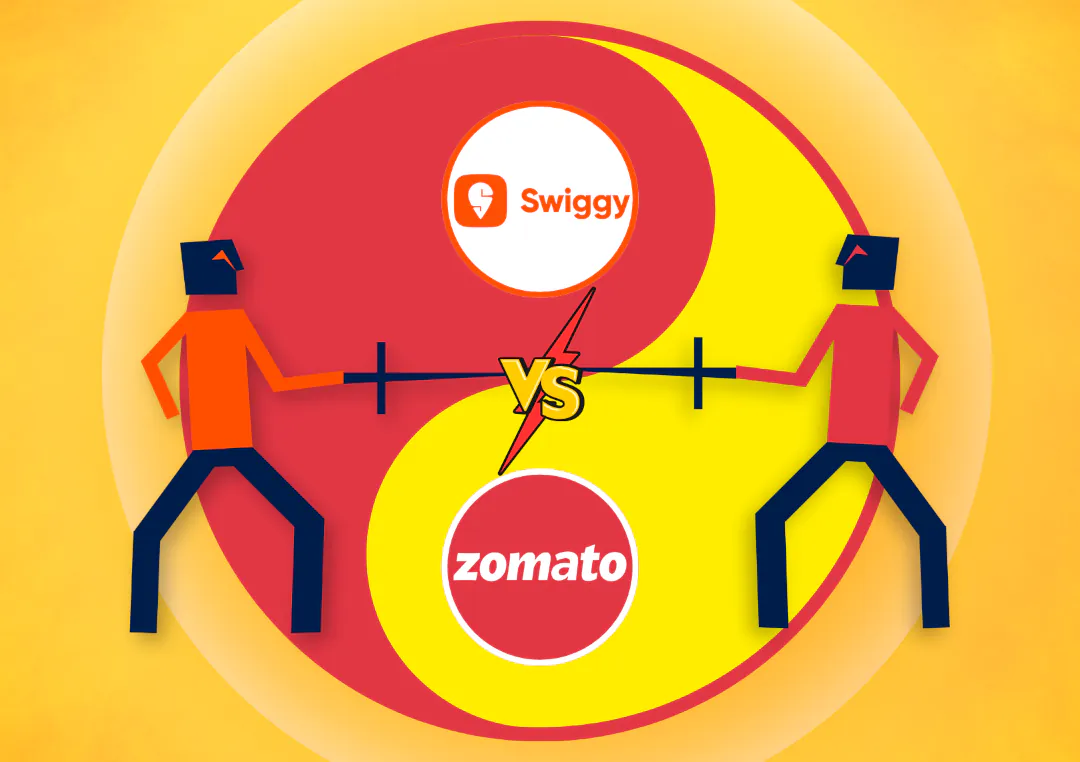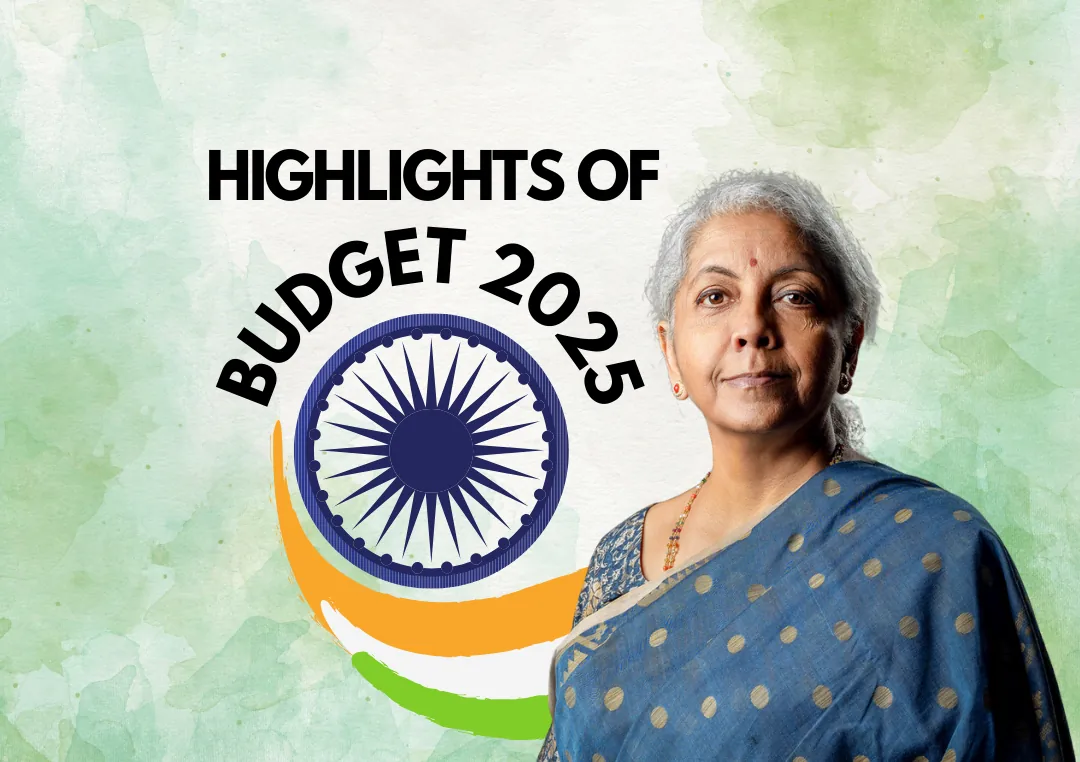
The SHANTI Bill 2025 is not just a law it is a strategic, economic, and technological revolution
The Sustainable Harnessing and Advancement of Nuclear Energy for Transforming India (SHANTI) Bill, 2025 is being hailed as a historic turning point in India’s energy and infrastructure policy. Introduced by the Union Government in the Lok Sabha, this landmark legislation completely restructures India’s nuclear energy framework, opening doors that have remained shut for over seven decades.
What is the SHANTI Bill 2025?
The SHANTI Bill 2025 is a comprehensive and consolidated nuclear energy law that modernizes India’s atomic sector by:
- Allowing private and foreign participation
- Ending monopoly of state-run operators
- Ensuring strategic state control over sensitive nuclear assets
- Aligning India’s nuclear policy with global best practices
For the first time since Independence, India is signalling that nuclear energy is central to its clean energy, climate, and growth ambitions.
One Law, One Framework: A Clean Slate for Nuclear Governance
Laws Repealed
Atomic Energy Act, 1962
Civil Liability for Nuclear Damage (CLND) Act, 2010
Law Introduced
A single, modern, unified nuclear law that:
Reduces regulatory overlap
Improves investor confidence
Enhances accountability
Simplifies compliance
This consolidation makes India’s nuclear sector more transparent, efficient, and globally competitive.
Private & Foreign Participation: Breaking the Nuclear Monopoly
The SHANTI Bill 2025 officially ends the long-standing monopoly of NPCIL (Nuclear Power Corporation of India Limited).
What’s Now Allowed?
Private Indian companies, Joint Ventures, and Foreign Firms can:
- Build nuclear power plants
- Own nuclear facilities
- Operate reactors
- Decommission nuclear plants
This is a game-changer for:
- Infrastructure investment
- Technology transfer
- Global collaboration
- Speedy nuclear capacity expansion
India is effectively opening one of its most guarded sectors to responsible market participation.
Strategic Control Remains with the Government
Although the SHANTI Bill, 2025 marks a significant shift by permitting private sector participation in India’s nuclear energy ecosystem, it does not dilute the strategic authority of the Government of India. The liberalisation is carefully structured to balance economic efficiency with national security and sovereign interests.
Areas Where Absolute State Control is Retained
The Government continues to exercise exclusive control over the most sensitive and strategic components of the nuclear sector, including:
- Nuclear Fuel
The production, enrichment, handling, and supply of nuclear fuel remain solely under government supervision. This prevents any misuse of fissile material and ensures compliance with international nuclear safeguards. - Heavy Water
Heavy water, a critical input for nuclear reactors, continues to be produced and regulated by state-owned entities. This is essential to maintain reactor safety and prevent unauthorized diversion. - Radioactive Waste Management
The handling, storage, transport, and disposal of radioactive waste remain a sovereign function. This ensures environmental protection, public safety, and adherence to globally accepted safety standards. - Strategic Nuclear Materials
All materials having strategic or defence-related implications remain under strict government control, eliminating risks related to proliferation or security breaches.
Rationale Behind Retained Government Control
By retaining control over these critical areas, the SHANTI Bill ensures:
- Adherence to Non-Proliferation Commitments
India continues to honour its international obligations under global nuclear non-proliferation norms and treaties. - Protection of National Security
Sensitive nuclear assets remain insulated from commercial or foreign influence, safeguarding India’s strategic autonomy. - Sovereign Control Over Critical Resources
The State maintains decision-making authority over resources vital to long-term energy security and defence preparedness.
In essence, the SHANTI Bill, 2025 adopts a calibrated reform approach—opening operational and commercial avenues to private players while ring-fencing strategic and security-sensitive domains under government control. This model promotes growth and investment without compromising India’s national interest.
Why SHANTI Bill 2025 Matters for India’s Future
The SHANTI Bill, 2025 is a landmark legislative reform that plays a crucial role in shaping India’s long-term energy, economic, and strategic roadmap. By modernising the nuclear energy framework while retaining sovereign control, the Bill addresses critical national priorities such as climate change, energy security, economic growth, and global cooperation.
Clean Energy and Climate Goals
Nuclear energy is recognised as a low-carbon, reliable, and scalable source of power, making it indispensable for India’s clean energy transition. The SHANTI Bill supports India’s commitment towards net-zero emission targets by promoting greater nuclear power capacity without increasing greenhouse gas emissions. Unlike renewable sources that depend on weather conditions, nuclear energy provides round-the-clock base-load power, strengthening overall energy security. By expanding nuclear capacity, the Bill also helps reduce India’s dependence on fossil fuels, thereby lowering carbon emissions and enhancing environmental sustainability.
Investment and Employment Generation
By opening selected segments of the nuclear energy sector to private participation, the SHANTI Bill creates significant opportunities for domestic and foreign investment. The reform is expected to attract billions of rupees in capital inflows, especially in infrastructure development, technology transfer, and reactor construction. In addition, the expansion of nuclear projects will generate high-skilled employment for engineers, scientists, technicians, and legal and compliance professionals. The growth of ancillary industries, such as equipment manufacturing, safety systems, and research and development (R&D), will further contribute to economic diversification and innovation.
Strengthening India’s Global Leadership
The SHANTI Bill enhances India’s position as a responsible and mature nuclear power on the global stage. By aligning domestic reforms with international best practices and non-proliferation norms, India signals its readiness to engage in global nuclear cooperation, technology partnerships, and energy diplomacy. At the same time, the Bill carefully safeguards national interests by ensuring that all strategic and security-sensitive aspects remain under government control.
Economic, Legal, and Strategic Impact
From an economic perspective, the Bill enables massive expansion of nuclear power capacity, which is vital for meeting rising energy demands. The economy benefits through improved infrastructure, increased foreign direct investment (FDI), and long-term industrial growth. On the legal front, the SHANTI Bill simplifies and rationalises the nuclear regulatory framework, making it more transparent and investor-friendly while maintaining strict safety standards. Importantly, national security remains fully protected, as strategic materials, nuclear fuel, and waste management continue to be regulated by the State. In terms of climate action, the Bill accelerates India’s shift towards clean energy, reinforcing its leadership in sustainable development.
Concerns and Safeguards under the SHANTI Bill, 2025
The introduction of the SHANTI Bill, 2025 has naturally led to certain concerns among critics and stakeholders, particularly due to the sensitive nature of the nuclear energy sector. The major issues raised relate to nuclear safety, liability mechanisms, and potential environmental risks. These concerns are valid, as nuclear energy involves high-risk technology requiring strict control, robust safety standards, and long-term accountability.
- One of the primary apprehensions relates to nuclear safety, especially with the entry of private participants. Critics fear that commercial interests may compromise safety standards. However, the SHANTI Bill directly addresses this concern by strengthening the nuclear regulatory framework, mandating compliance with internationally accepted safety norms, and ensuring continuous monitoring by statutory authorities. Safety audits, licensing requirements, and emergency preparedness mechanisms are made more stringent under the Bill.
- Another significant concern pertains to liability mechanisms in case of nuclear accidents. The Bill clarifies roles and responsibilities of all stakeholders while ensuring that the ultimate supervisory and corrective authority remains with the State. This provides legal certainty, enhances investor confidence, and at the same time safeguards public interest by ensuring accountability and compensation mechanisms.
- Environmental risks, including radiation exposure, waste disposal, and ecological impact, also form a major part of the debate. The SHANTI Bill reinforces environmental safeguards, requires adherence to environmental impact assessments, and mandates safe handling and disposal of radioactive waste under government supervision. These measures ensure long-term environmental protection and public safety.
Conclusion
The SHANTI Bill, 2025 marks the beginning of a new nuclear era for India—one that is:
- Progressive, by modernising the nuclear energy framework and enabling responsible private participation
- Secure, by retaining complete government control over strategic materials, safety, and national security
- Investor-friendly, through regulatory clarity, risk mitigation, and improved ease of participation
- Climate-conscious, by accelerating the adoption of low-carbon, reliable nuclear energy
- Strategically sound, by balancing economic growth with sovereign and non-proliferation commitments
The Bill clearly demonstrates that India can liberalise without losing control, innovate without compromising security, and grow without ignoring sustainability. By adopting a calibrated and well-regulated approach, the SHANTI Bill, 2025 lays a strong foundation for a secure, sustainable, and self-reliant nuclear future for the nation.








